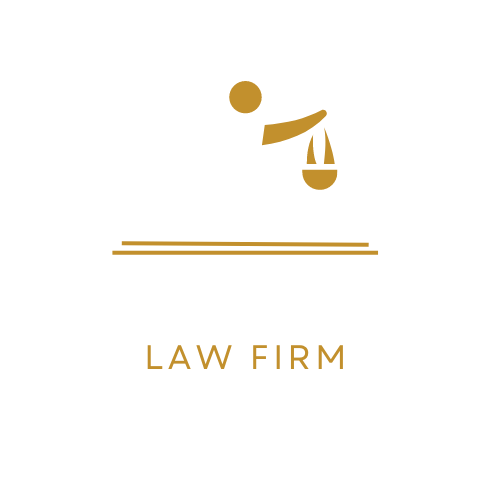People often worry about the financial cost associated with hiring an attorney; however, most personal injury lawyers work on contingency fee basis so their clients do not pay anything upfront.
Experience, reputation, and track record also influence lawyer earnings potential. Attorneys with proven success at winning substantial settlements on behalf of their clients tend to command higher salaries.
Contingency Fees
Personal injury lawyers’ payment structure plays a pivotal role in their earnings potential. Many attorneys operate on contingency basis, meaning they only get paid if their case succeeds and the client recovers compensation from it.
Accident victims benefit greatly from this arrangement because it allows them to hire experienced attorneys without worrying about upfront legal fees and provides lawyers with an incentive to investigate cases thoroughly and fight hard in court on behalf of their clients.
Salaries for personal injury attorneys vary considerably based on practice area specialization and reputation. Experienced injury attorneys with a proven record of winning significant settlements are in high demand and command higher pay. Firm size and profit-sharing arrangements also have an effect; on average personal injury lawyers earn between 33%-40% of what their client recovers after recovering damages, but other costs like expert witness fees and filing charges need to be factored in.
Costs and Expenses
Personal injury law clients must cover more expenses than just the contingency fee when hiring attorneys, such as expert witnesses who shed light on complex issues – engineers to explain product defects, medical professionals who detail injuries and treatment, accountants or actuaries discussing lost income/wages etc.
Legal costs come with a price tag and add up quickly, especially during an injury lawsuit. Hiring a court reporter, making copies of medical reports, transcription fees, messenger costs, delivery services fees – these expenses add up quickly over the duration of an injury suit.
Accident victims juggling medical expenses and lost wages often struggle financially, leaving them to worry about whether the cost of legal representation is out of their reach. But by offering contingency fees-based representation services instead, personal injury attorneys make their services more accessible regardless of one’s financial standing.
Settlements
Personal injury settlements provide compensation to rightful claimants from negligent defendants in the form of either a lump-sum payment or structured payouts that include periodic installments over time.
Personal injury cases vary significantly when it comes to damages awarded; depending on various factors including medical expenses and future losses arising from an accident. Damages also include lost wages, pain and suffering and mental anguish suffered as a result.
Earning potential of lawyers depends heavily upon their reputation, experience level and track record of winning substantial settlements or verdicts for clients. Entry-level personal injury lawyers may make less, while mid-career professionals could see their earnings grow. Partners at law firms or independent practitioners with large practices could potentially generate over $1 Million each year!
Verdicts
Personal injury attorneys typically make significant sums when their clients achieve significant settlements or verdicts, though these amounts don’t always reflect what their clients may ultimately receive as settlement or verdict proceeds; for instance, this doesn’t account for gross recovery payments from insurers and expenses for services related to moving the claim forward such as process servers, court filing fees, expert witness fees or copying expenses incurred along the way.
Reputation and experience play an essential part in determining an attorney’s earning potential, though their salaries can also depend on practice area and firm size; large firms typically provide higher salaries than solo practitioners.

